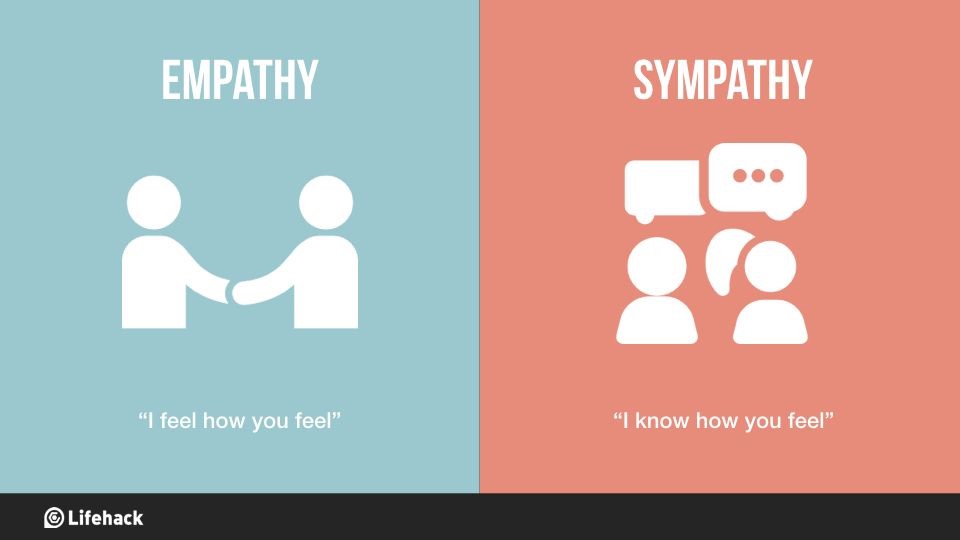Don’t FEAR the Conflict. Manage it!
By Shiqiang Zou, PhD student of Water Engineering and Water IGEP, blog post from class GRAD 5134 Interdisciplinary Research
A life without conflict only exists in the fairy tale. In our real life, we encounter all kinds of conflicts due to miscommunication or different expectations of the outcome. Deep in our human nature, we all want to express our diversified opinions, and sometimes it will end up with a conflict. To some of us, conflict equals to chaos, war, or at least a painful memory. But we should seize this unique opportunity to learn from this seemingly negative experience. From my own perspective, I always deem conflict as an effective way to bring out additional information or hidden personal feelings, and by studying it carefully, we can learn more about ourselves and people around us. So, just like Dr. Bryan Hanson mentioned in his “Conflict Management” workshop, don’t FEAR the conflict! Use proper management strategy to turn it into something constructive.

Let’s first look at a conflict I observed last year. One day, I found a fellow grad student who is more senior than me having a quarrel with his mentee (a master student) in our lab. When I asked him about the quarrel, he told me that the master student did not follow the experiment protocol. Once he found out the master student’s mistake and tried to give advice, the master student did not seem to care too much about it. I recall him saying: “This is not the first time this master student failed to follow the protocol. Everytime I tried to correct him, he looks away as if I’m not there.” As expected, the project ended up with a failure. Clearly, the master student failed to FOCUS his attention on the speaker during the conversation. Most people tend to talk about ourselves in the conflict, as if they are the victims. Other people may just ignore the speaker completely and engage in some “spiritual wandering” to avoid fueling the chaos. However, the most effective way to deal with a conflict is to put your speaker under spotlight, and let them become the center of your world. Paying all your attention to the speaker also shows your respect and makes them believe their thought matters. This strategy can also help us identify what triggers this specific conflict if we have not found it.

EMPATHIZE emotions from the speaker. During the listening process, we should put our feet into the speaker’s shoes to understand all their emotions and be on the same page with them. For example, I was a volunteer at Graduate Life Center (GLC) to help with the registration process for new international graduate students. One morning, one student (definitely not a new student) rushed into the GLC with her husband and started shouting and crying at the front desk. Standing in the lobby, I was quite shocked by the scene, but the assistant at front desk quickly comforted her and calmed her down. To me, the GLC assistant is quite professional in dealing the conflict between the female student and VT graduate school regarding her immigration status. Most importantly, the assistant showed a lot of concerns towards the student’s problem and acknowledged her feelings, providing a solid foundation for further conversation. Hence, stay emotionally connected with the speaker can offer you a magic key to solve the conflict puzzle.

If being a good listener is not enough in a conflict, we should ASK appropriate questions to clear the air or get more information in a timely way. Using the right questions to guide the speaker into a common understanding could also be a wise option. In the last example, the GLC assistant quickly asked the female student a few question after calming her down. It turns out that she was so worried that she would be forced to leave the US due to the change in her immigration status and therefore might never see her husband again. After obtaining this vital information, the assistant approached to a immigration consultant inside the GLC and asked the distressed student to join the conversation. I do not know how did it turn out in the end, but the assistant did her best with limited resources, and none of this can happen without asking the correct/important questions.

REFRAME issues in our own words without judgement. This time, let me share one of my personal experience. I was chatting with a Dell representative over the phone (I was in a bad mood) about a system error on my computer. The representative carefully listened to my “verbose” issue description and rephrase it with his words. Before moving on to advising me on a solution to my problem, he asked me if he reframed my issues correctly. I made some comments on his descriptions, and he repeated this process till I was satisfied. In a blink of an eye, he proposed the most effective solution for my issue, and I rated a five star for his service. Clearly, by reframing the issue, the representative was able to identify the real technical glitch out of my “verbose” description, preventing further conflicts due to miscommunication. This strategy also buys him some extra time to clear his head and think straight. When facing conflicts, we should remember to take away our judgemental tone, and try to use as many “I”-statement as possible. Reframing issues is an effective strategy in customer service, and we should also try this when facing a conflict in academia.

SUMMARIZE the facts and feelings, and be sure to have timely reflections. No one is perfect, and we all try to learn from past failures. But is it possible to also learn from the past conflicts via timely reflection? Conflicts can be painful experiences that most people want to bury it deep in their heart. However, we can identify some personal “hooks”, such as certain behaviors, tones, attitudes, and body languages that will irritates you, by going through the whole incident again in our mind. For example, I could easily get into a fight in elementary and middle school if anyone called me a “weak chicken” (stands for a physically weak people). When I grow older, I learn to ignore these silly nicknames, take a deep breath, and control my anger by staying focused on things that really matter. Surely it takes some time to avoid being irritated by some specific “hooks”, but with timely reflection we will place ourselves in a more comfortable position when engaging a similar conflict in the future.
By now, with all my personal stories, I hope most people are convinced that conflict is not a negative experience that we should totally avoid or fear. Instead, we can embrace conflict with a positive attitude and try to convert it into something constructive. If some of us still have doubts or cold feet in a conflict, I would strongly suggest you, my dear friend, to hone your coping strategy with the F.E.A.R.S. management system, and practice makes it perfect.

Acknowledgement: We thank Dr. Bryan Hanson, the Ombudsperson of the VT Graduate School, for giving us an informative workshop about conflict management in a team.


